News
Cotteleer talks COVID-19 in Adweek
As we seek to chart our way through the uncharted, DC’s Amy Cotteleer shares her thoughts on brands’ best course of action during the pandemic.
You can check out the story here or to save you the click, here’s what she had to say.
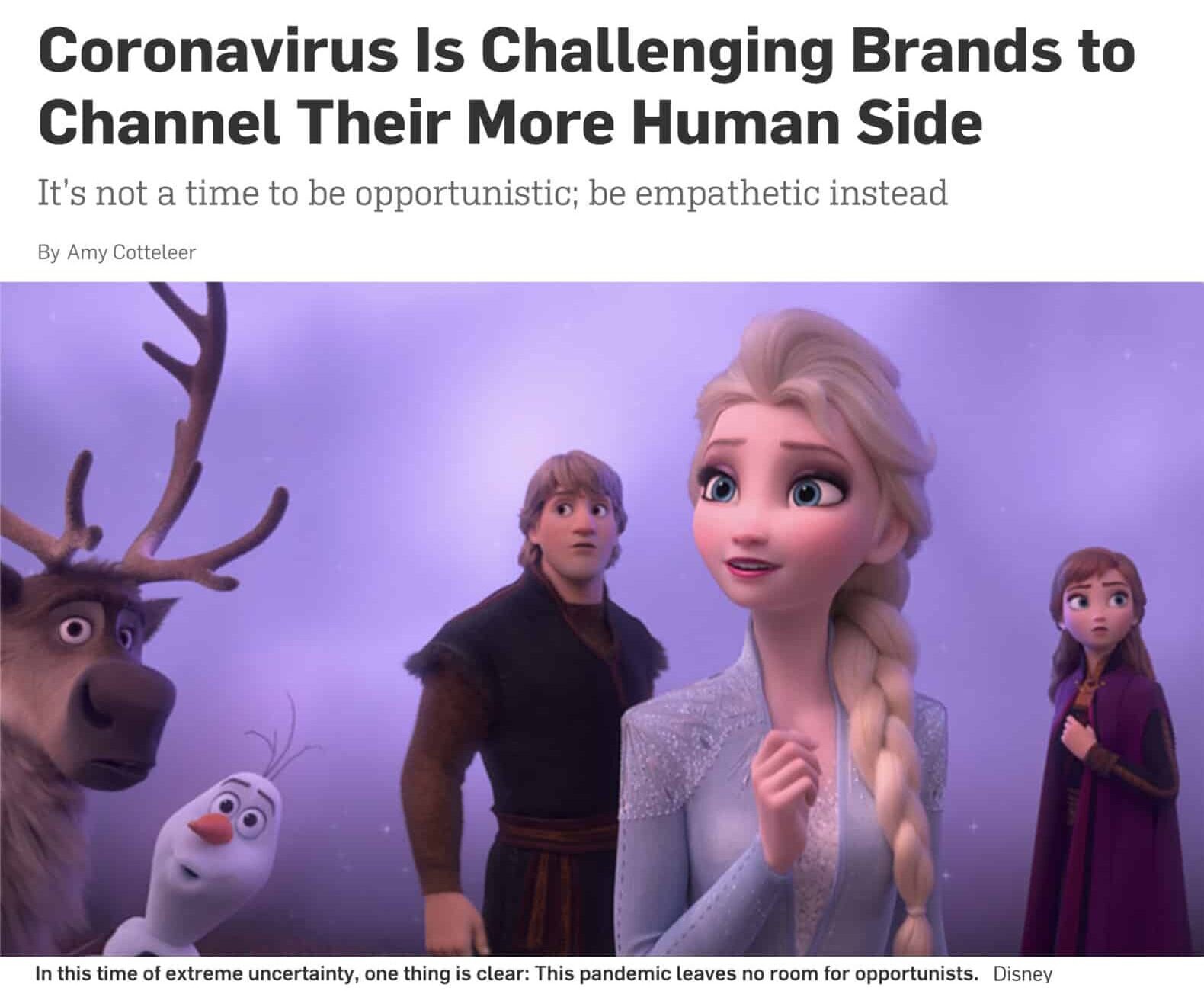
The coronavirus crisis has upended the way we live and do business with record speed. Schools are closed. An unprecedented number of people are working from home or are out of work entirely. Bars, restaurants, theaters and churches are suspending service in growing numbers as Americans are urged to stay home.
For marketers, it can feel like the sky is falling. Every major TV network has shelved its in-person upfront. NCAA March Madness, the NBA playoffs and The Masters are officially off the spring sporting menu. SXSW and pretty much every other conference is canceled. In-person experiences are verboten.
Despite a devastating cost to brands, media and small businesses, this crisis has the potential to propel us forward as more human marketers.
This unprecedented new landscape serves up a challenge to brands to embrace the realities of modern marketing in a digital world. It’s a world where brands must put people, not products, first; where consumers crave connection, not commercials; where technology must deliver better experiences, not just broadcast information. Here are three ways brands can answer the call to be more human in this time of crisis:
1. Act like a first responder, not a marketer. Make no mistake, the COVID-19 pandemic is a global emergency, not a marketing opportunity. As such, brands need to act like first responders, convening their own situation rooms to determine what resources they have to meet urgent community needs now. For companies that have technology or products that are critically needed, it’s time to donate, not sell.
I’m heartened to see several companies stepping up as early responders. At a time when we’re more reliant than ever on the internet with people forced to work from home, Comcast, for instance, is offering free broadband to low income households and increasing speeds. With thousands of K-12 schools closed for the foreseeable future, Zoom is offering schools its video conferencing tools for free, with no time limits for video chats for any affected school in the U.S., Italy and China. Zoom CEO Eric Yuan set up new free accounts for a handful of schools personally as a gesture of support.
Even brands that don’t have game-changing technology to offer can think about how they might contribute to reducing real pain points. For example, KFC is offering free delivery through its site, Grubhub and Seamless through April 26 to get food more easily to households that are staying home in an effort to slow the virus’ spread.
2. Seek to lift spirits, not sales. This crisis has made us realize that we are, quite literally, all in this together. As the impact of COVID-19 is felt across country, race and socioeconomic lines, we’re compelled to let go of outdated distinctions between marketers and consumers or between brands and target audiences. In this moment, we are all simply human.
If your brand’s product or service is not essential during the crisis, I challenge you to consider how you might spark a bit of joy, connection or laughter at a time when it is so needed. Lin Manuel-Miranda showed us the way by releasing a free, never-before-heard Hamilton song to lift spirits after Broadway shows closed. The Walt Disney Company followed suit by choosing to stream its blockbuster Frozen 2 three months ahead of schedule.
Chipotle is doing its part to fight feelings of isolation with its “Chipotle Together” virtual hangouts on Zoom. For a week, 3,000 fans will have the opportunity to mingle with celebrities, such as The Bachelor’s Colton Underwood, in online chats. Chipotle will win if it can deliver a real dose of togetherness, not just a lightly dressed sales pitch.
3. Reimagine access to experiences. From museums to concerts to Disney theme parks, we’ve seen so many sources of wonder disappear in the wake of coronavirus. While social distancing will certainly boost binge-watching, Netflix alone won’t cure what ails us. In today’s experiential desert, brands must create innovative ways for people to connect with their passions online.
Google Arts and Culture has partnered with more than 2,500 museums and galleries around the world, including Amsterdam’s Van Gogh Museum and the Whitney Museum of American Art, to offer virtual tours and online exhibits. This initiative didn’t launch in response to coronavirus, but it’s getting a major boost from press offering resources for readers seeking culture from their couches.
In New York, the Metropolitan Opera announced that it would stream encore presentations from its Live in HD series on its website for the duration of its closure. California’s Monterey Bay Aquarium is currently streaming live cams from its underwater exhibits so virtual visitors can see what’s happening in real-time.
While cultural institutions are leading the way in opening digital pathways to arts and science, more brands and event organizers can reimagine how to deliver enriching digital experiences beyond the traditional livestream. The moment demands it, yet digital innovation can now set a new precedent for access and engagement in the years ahead.
In this time of extreme uncertainty, one thing is clear: This pandemic leaves no room for opportunists. Instead, let’s seize the opportunity to respond with humanity. It’s likely to make us more empathetic and innovative marketers for years to come.
Work + News

Welcome to The Future
Wanna read another thought piece about AI? We don’t either. Instead, please enjoy this face-melting rock opera that we made using Midjourney, Runway, ChatGPT, Suno, Flow, and Higgsfield.

“Sad Hour.”
That was the name of the first Kona Brewing ad we made over 15 years ago with a young Hawaiian actor named David Bell (and his bruddah from another muddah, Brutus La Benz).

Cutting through the talking points
“Healthy Conversations” campaign breaks enrollment records by shining a light on the real conversations people have about healthcare.

Surf and sales are up. Way up.
The anticipation, the sensory ride and the smooth, easy finish. Hawaii’s finest surfers tame the North Shore’s legendary swells to teach us all about the powerful refreshment of a Big Wave.
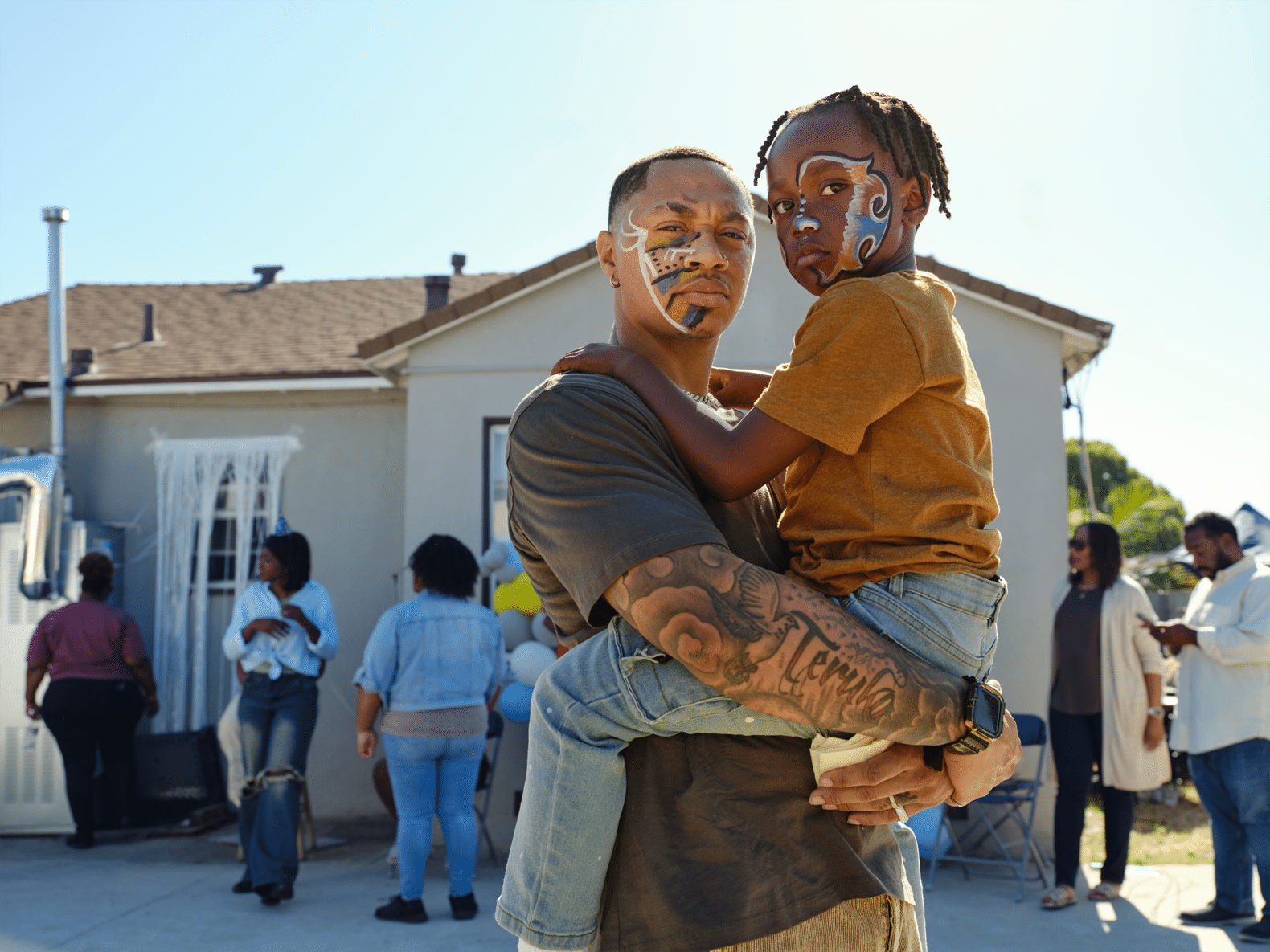
We’re Big Tobacco’s big problem
A California without Big Tobacco isn’t just possible — it’s already happening. DC celebrates 30 years of UNDO’s victories against the tobacco industry through the stories of real Californians.
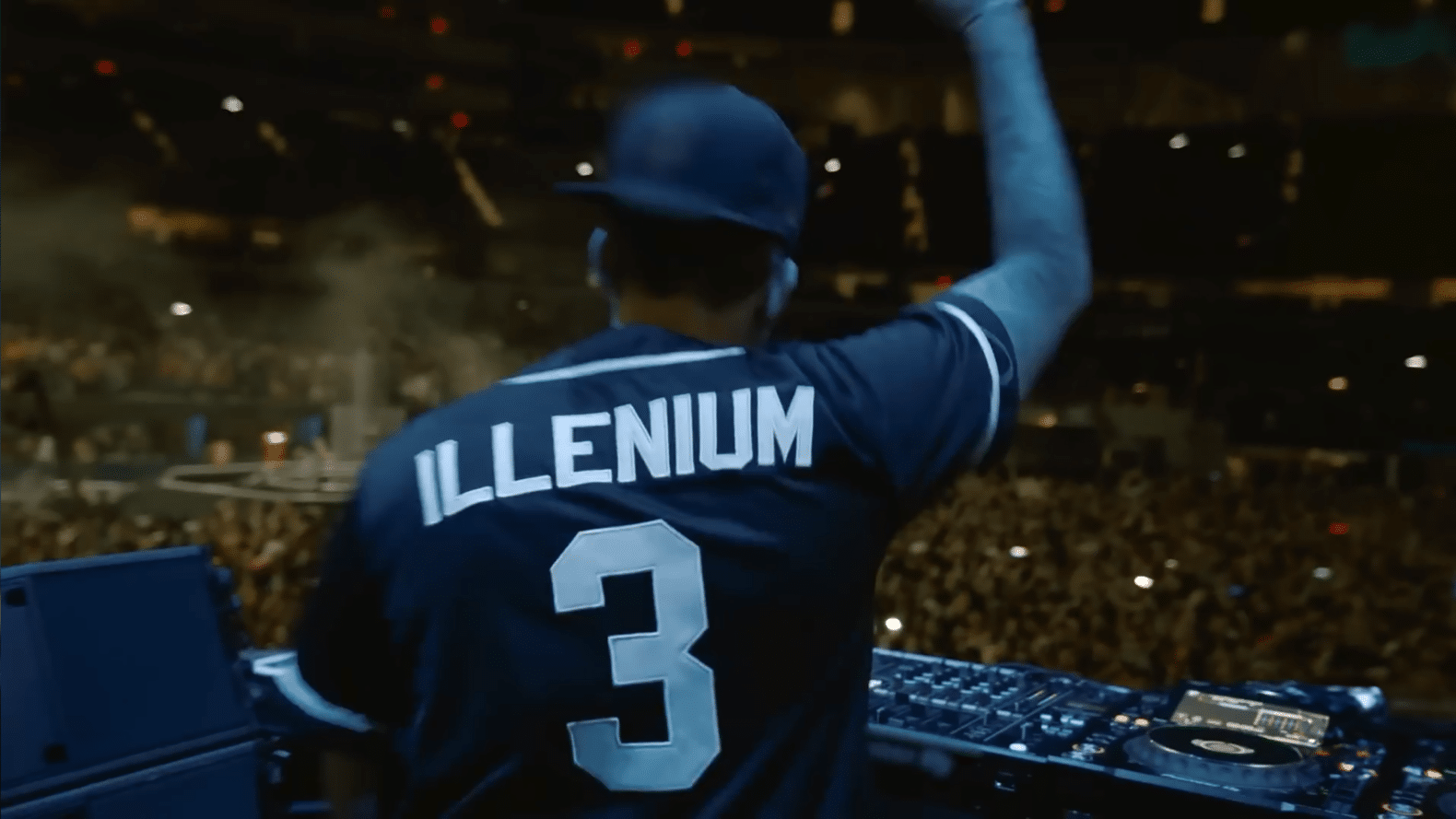
Illenium vs. Opioid Overdose
We are grateful to have worked alongside the Department of Public Health to work with influencers who helped shine a light on the dangers of fentanyl and to help arm CA residents with important harm reduction tools and resources. Awareness is the first step in the fight to combat this epidemic and we're proud to be part of the fight.
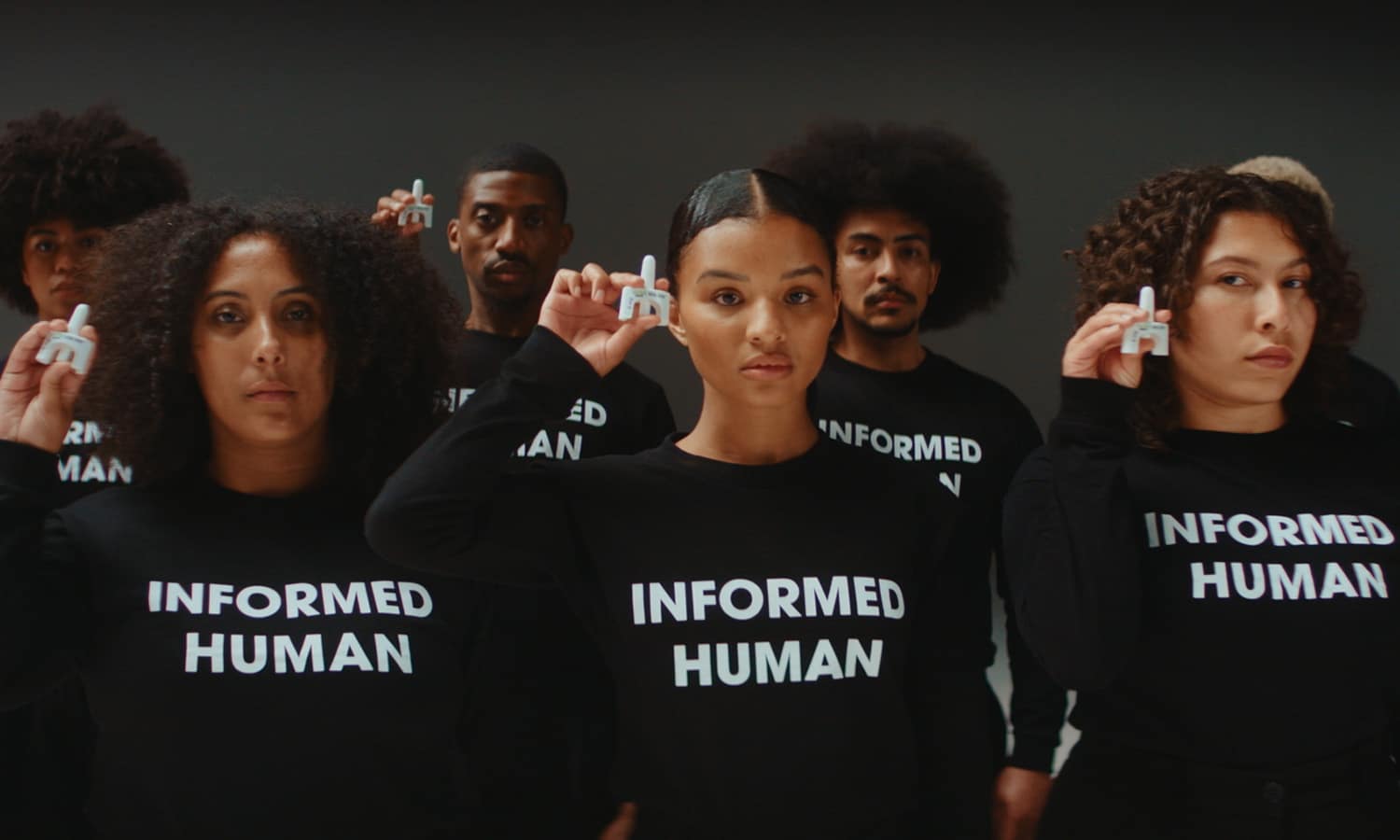
Informed Humans save lives
DC’s “Facts Fight Fentanyl” campaign takes on the fentanyl overdose crisis, countering fear, stigma, and misconceptions with accessible, actionable information and a touch of the surreal.
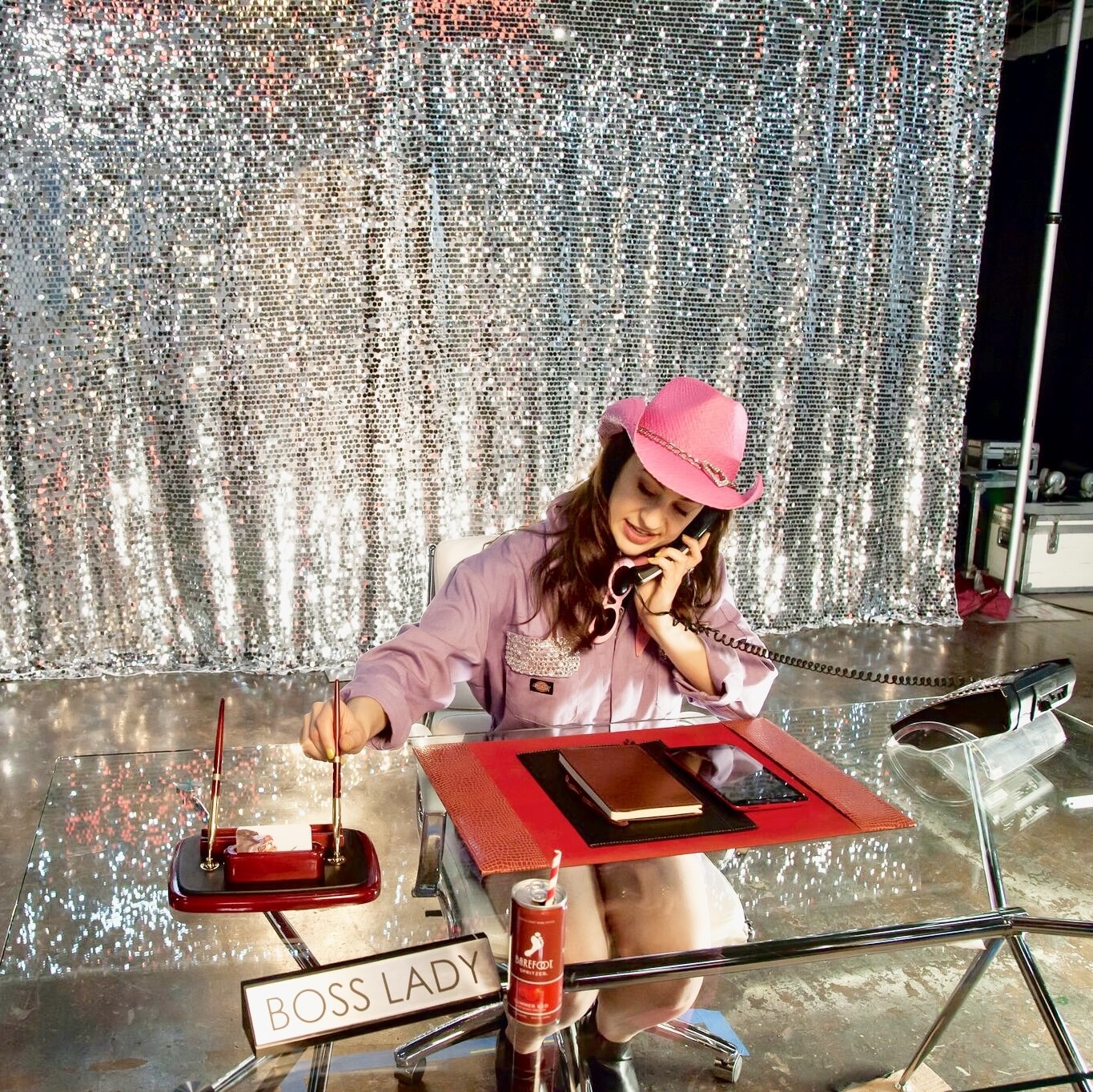
Her name in lights: our Adweek Rising Star
For those of us that know Madeline Lambie, it’s not surprising to hear her described as a Rising Star. Along with her admirable writing chops, Madeline also flexes her skills as a singer, dancer, producer and nonprofit co-founder. Don’t call her a triple-threat, because it’s not enough, ya know, threats.
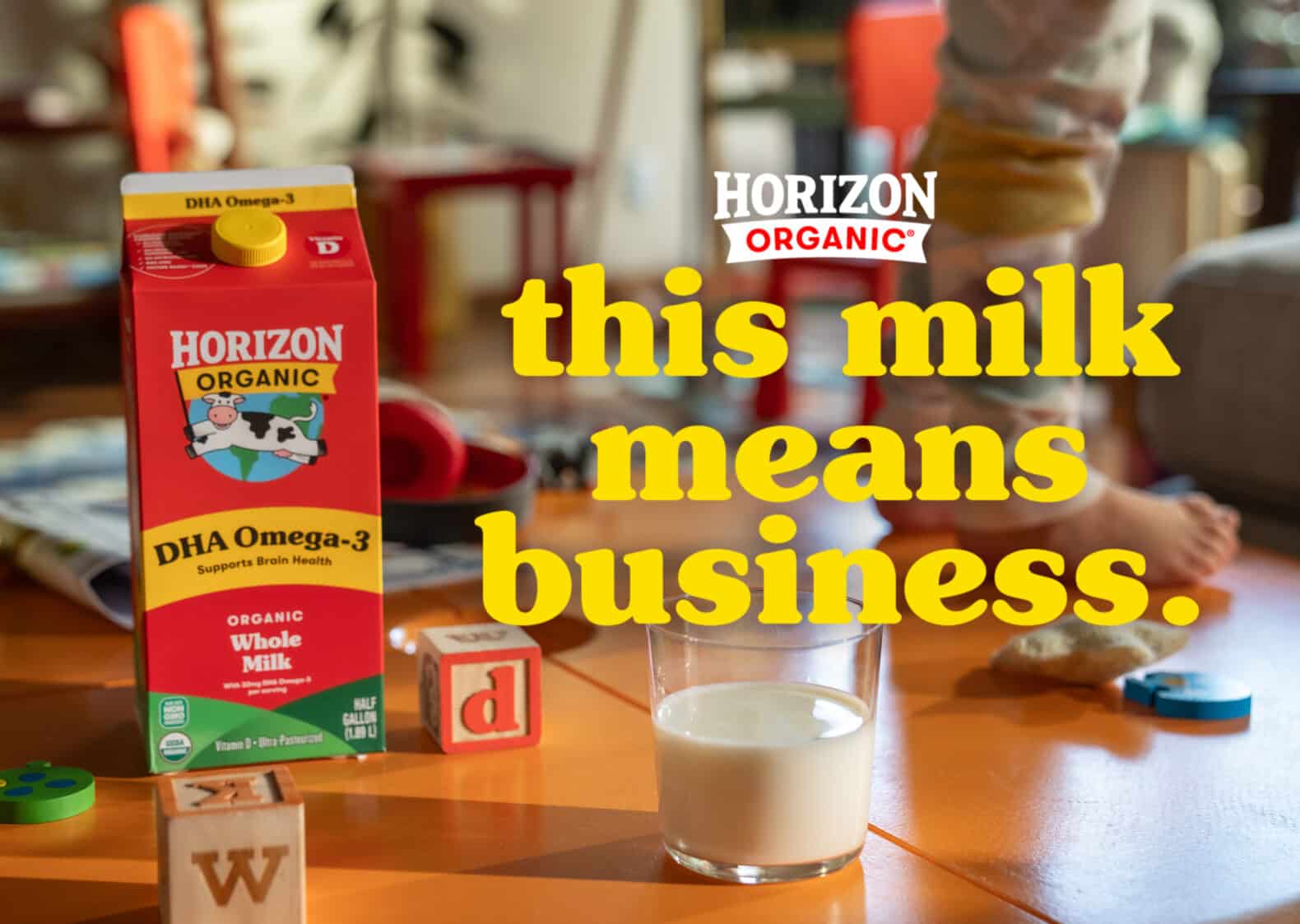
Horizon Organic did not come to play
In DC’s new campaign the organic dairy trailblazer takes nutrition as seriously as kids navigating a floor covered in make believe lava. That is to say: very, very seriously.
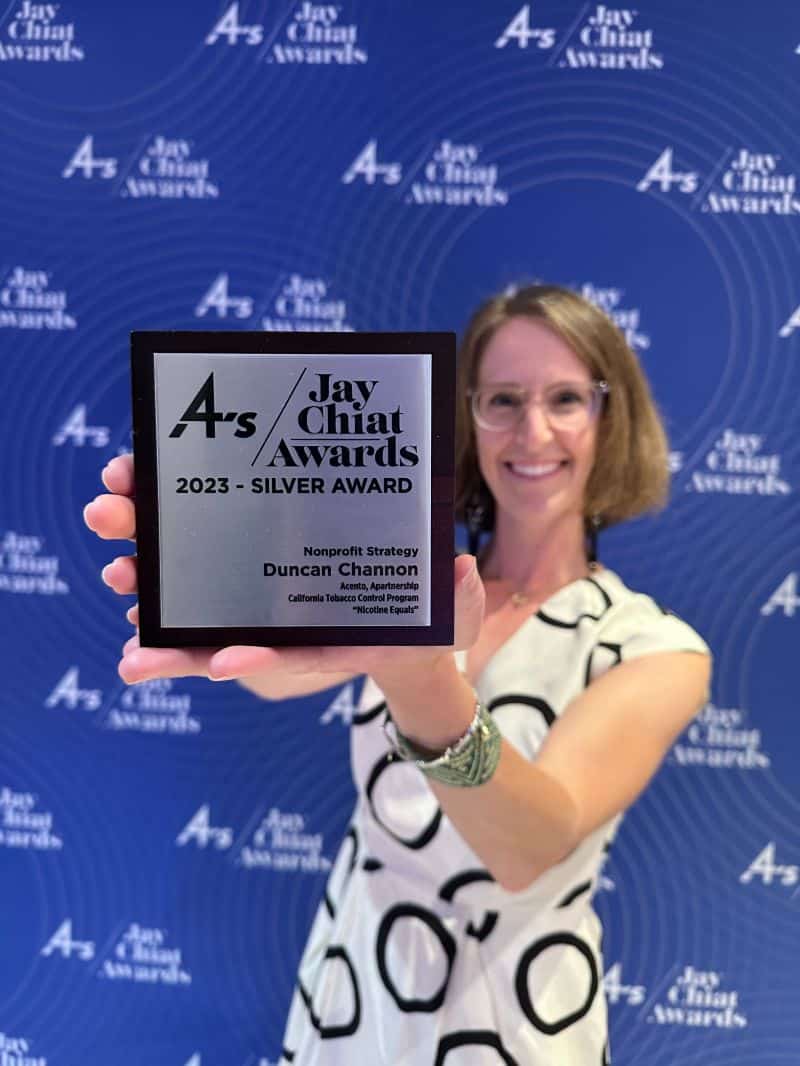
DC strategy brings home esteemed Jay Chiat Award
Duncan Channon’s "Nicotine Equals" campaign strategy, intended to awaken parents to the teen vaping epidemic, got the judges attention at this year’s 4A’s Jay Chiat Awards.
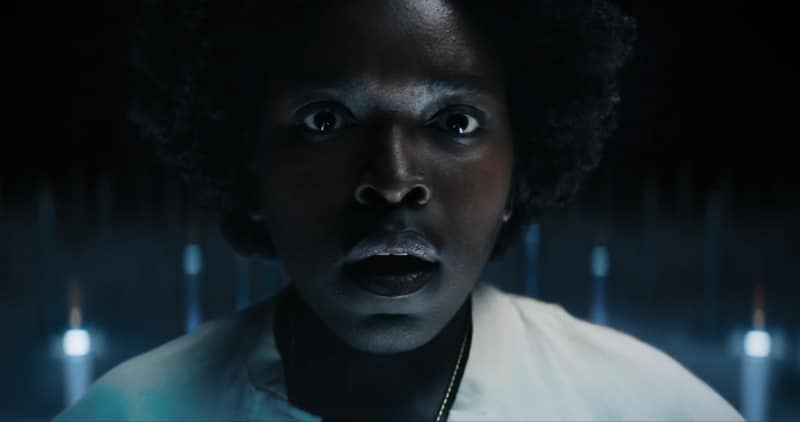
“We’ve changed!” says Big Tobacco
Guess what, all? The industry that’s responsible for more death and disease than any other and continues to peddle six trillion cigarettes a year is now your friend. Go figure.
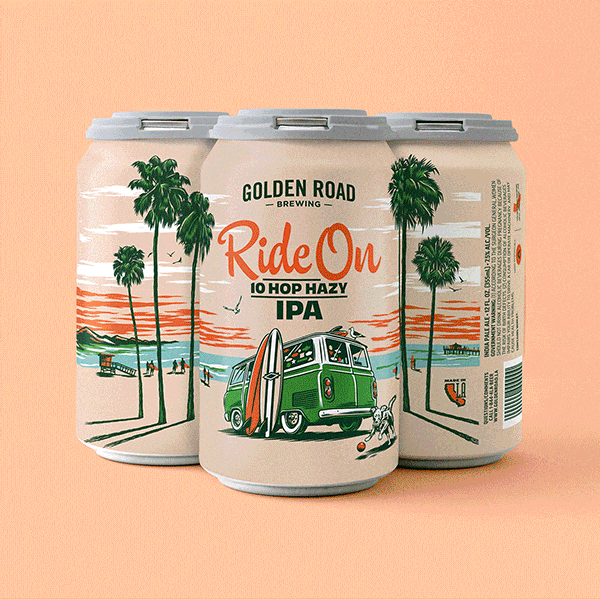
A new spin on IPA packaging
Most IPA cans today look like they were designed by the dude that did the Iron Maiden albums. All skulls and green lightning, giving full testosterone and acne vibes. So when tasked with driving a new look for Golden Road’s Ride On series, we banged a uey.